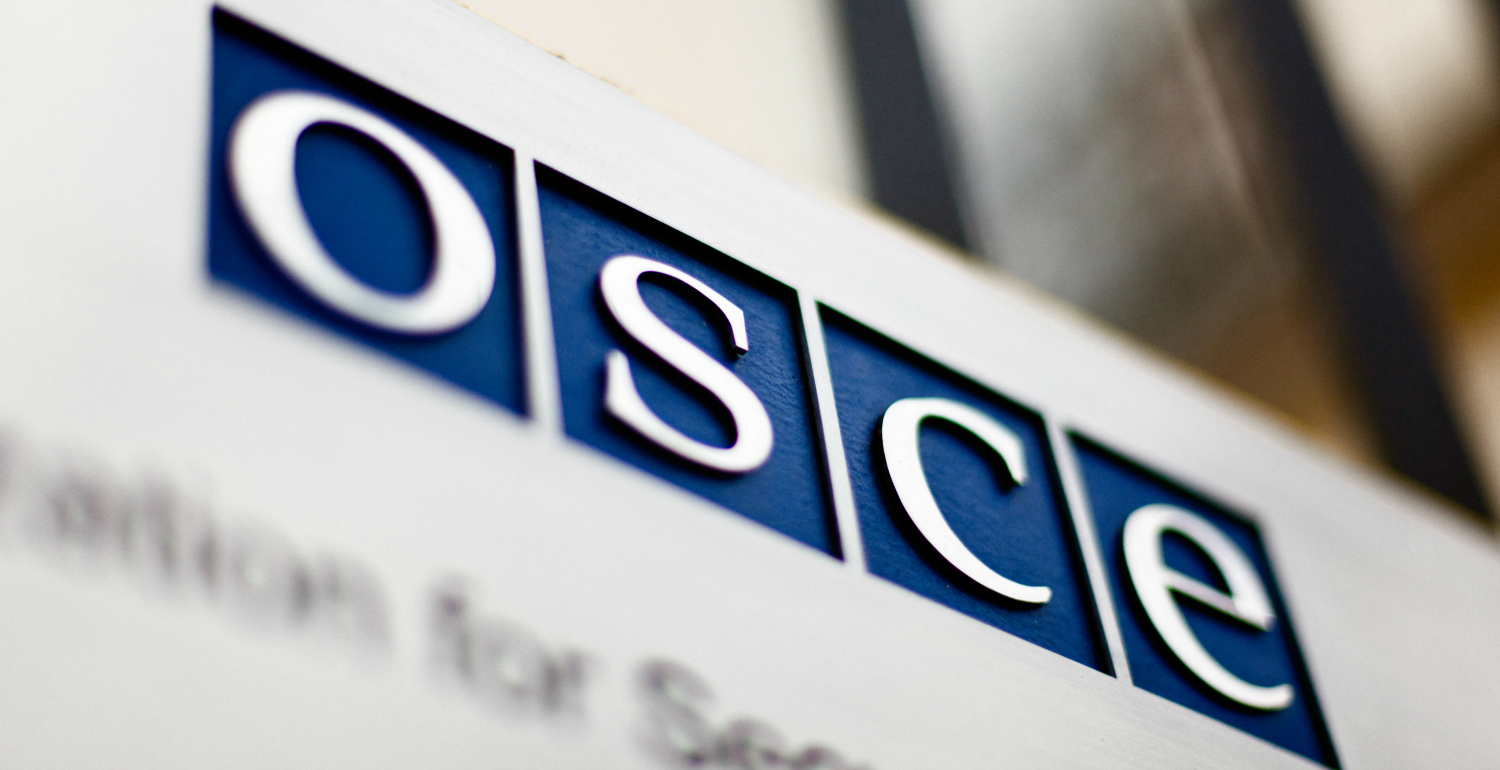This two day briefing was a response to legislation that called for the CSCE to conduct an analysis of the OSCE’s strengths and weaknesses and to ascertain the feasibility of creating similar institutions in other geographic regions. The briefing was divided into six panels. This fifth panel focused on the Middle East, and framed the discussion on Middle Eastern security as being closely tied to European security by virtue of their geographic proximity.
Ambassador Basheer noted several qualitative differences between Europe and the Middle East in terms of the nature of grievances, which in the Middle East often include complicated territorial issues. He noted that NGOs might play a particularly useful role in mediating such conflicts, especially where parties refuse to engage on a government-to-government level. One notable example of this included Israel’s refusal to engage with regional governments on nuclear weapons proliferation.






